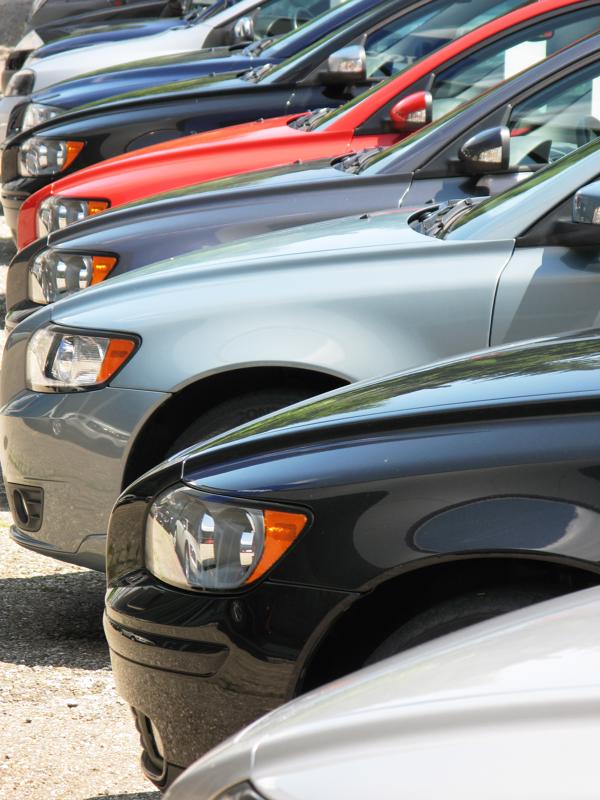2020 has not been kind to many industries, as several are seeing record-low sales due to the COVID-19 pandemic. Toward the beginning of the outbreak, the automotive industry was not exempt from this frightening decline, as production halted for a nationwide shutdown. However, as manufacturing lines were able to resume work, it was found that people were ready to buy cars more than ever. The industry saw a quick turnaround that led to profits higher than expected. But how could this be? Read on to understand why.
Early Pandemic Fears
As the US saw a strict shutdown at the beginning of the COVID-19 outbreak, the automotive industry had to stop all production. The lack of cars being produced wasn't the only fear — the impending recession was also weighing on people's minds. Would people be thinking about purchasing new cars right now, with so much else going on in the world? As other industries struggle, can people even afford new cars? If sales drop, demand for vehicles could go down even if production was able to start up again.
And then car manufacturers were able to resume work. Turns out the fears were for naught — Americans actually wanted new cars, and they wanted them badly. Between the daydreams of new cars during quarantine, a new car that had been needed since March, unemployment benefits, federal stimulus checks and even low interest rates had people more ready than ever to purchase that new car.
Why did sales go up during a pandemic?
The fear of a recession is a pretty substantial worry for those in the auto industry. Selling such an expensive product to people who are struggling financially isn't the easiest combination. Thankfully, there were unique situations that helped many people out. Over six months, the country saw more than 60 million people apply for unemployment insurance — which, according to Business Insider, is more claims than throughout the 18-month Great Recession. Between unemployment money and federal stimulus checks sent out to assist during the tough times, some Americans found themselves with a bit of extra spending money. Most of these included those who had one partner receiving unemployment and one still working, or perhaps just someone who was making a good income and got a stimulus check on top of that.

There are also those who were in need of a new vehicle before the outbreak, or perhaps had an accident during the pandemic that required an entirely new vehicle. The dire need for a new car doesn't stop for anything — even COVID-19. These individuals found themselves buying new cars almost as soon as they could when manufacturing lines resumed production.
Another group of Americans who are buying vehicles despite the pandemic are the higher-income city and suburban dwellers, according to Marketplace. Despite working from home, a vehicle is still needed for errands and other destinations. People who can afford a car were more likely to buy their own set of wheels if they could afford it, especially due to the higher risk of public or shared transportation.
It's also important to note that the jobs lost disproportionately hit lower-income workers, according to NPR. While many high-earning workers were able to simply move their work to their home office, service workers were among those who took huge hits as restaurants and stores closed for the pandemic. Higher-earning workers also saved money by working at home, not needing to spend money on transportation, dining out or general travel.
How much have sales increased?
According to NPR, auto sales have seen a very impressive turnaround from what could have been a terrible sales year. However, many companies reported remarkable earnings from July to September, including Ford, GM, BMW, Fiat Chrysler and more.
It's reported that Fiat Chrysler had its highest-ever quarterly earnings in North America, and General Motors doubled expectations for earnings per share in quarter three. In fear of low sales, Ford borrowed $15 billion to make it through the pandemic. Not only did they pay this back, but they still had a whopping $30 billion left over.
This strong sales turnaround is promising for brake testing, too. More cars on the road means more brakes that need to be checked for safety. Have your brakes been tested recently? Greening Testing Laboratories is a fully certified brake testing lab that provides a variety of brake testing services worldwide. Contact Greening today for a complimentary brake testing consultation.
